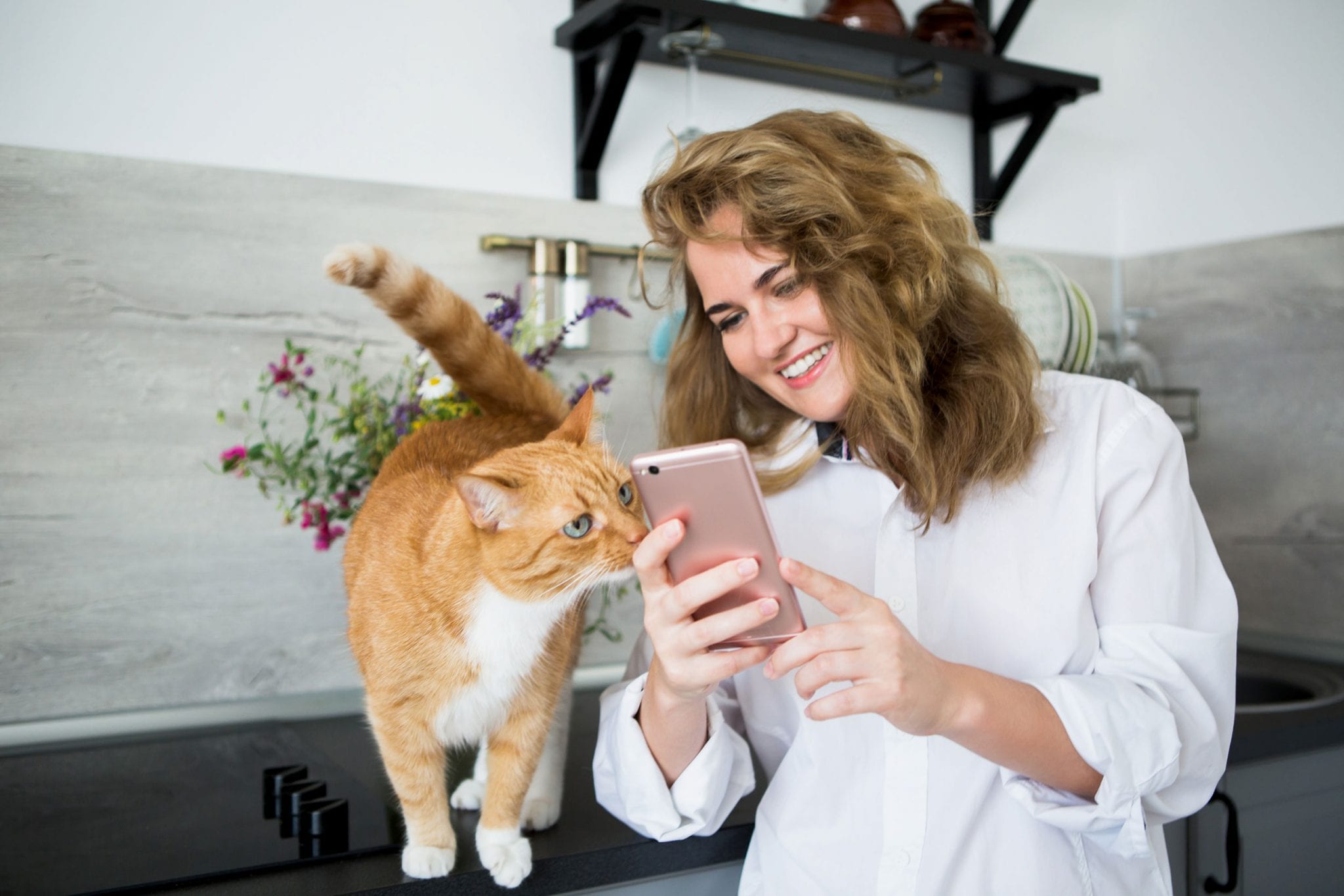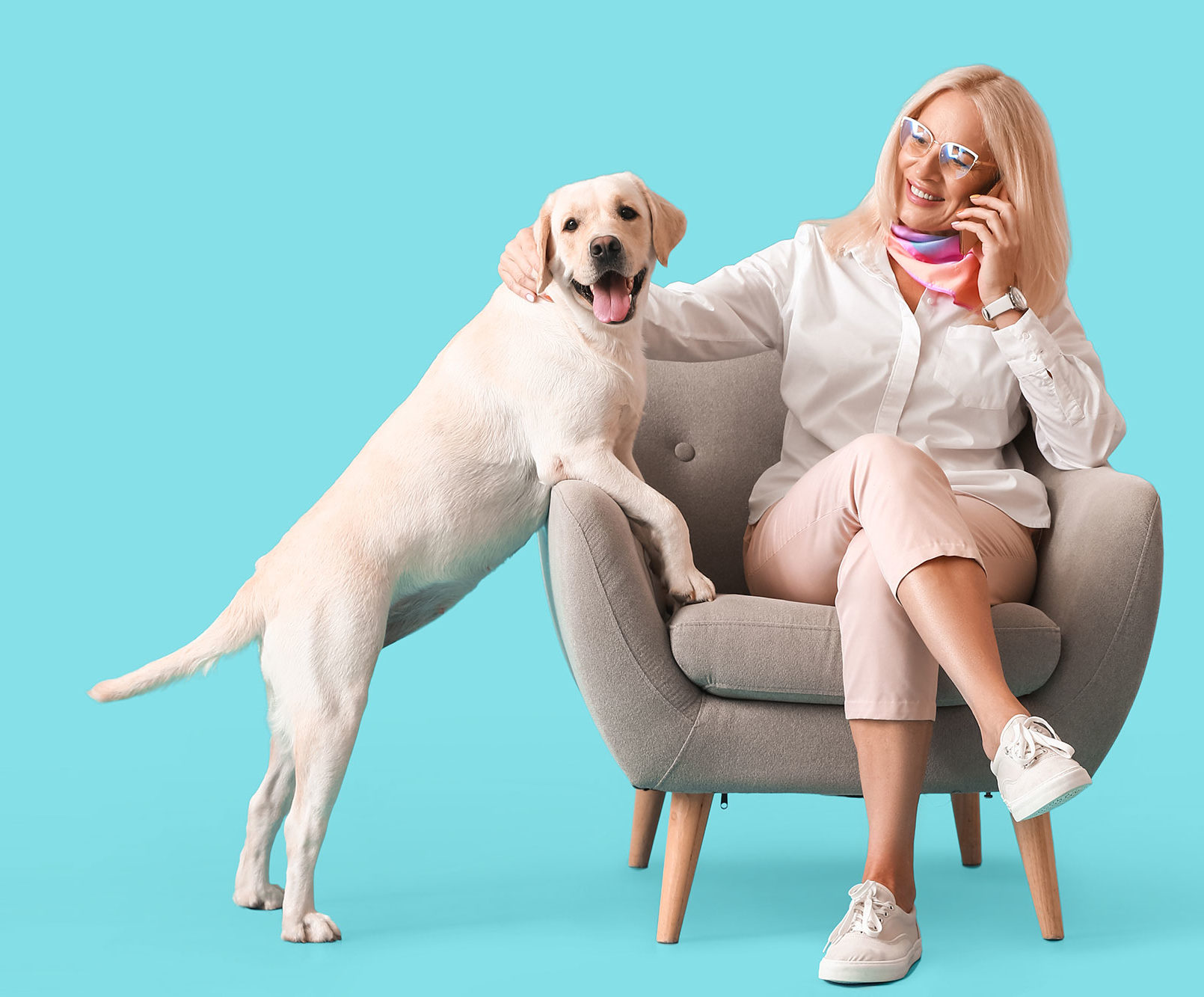Taking What We’ve Learned During COVID-19 To Help Our Veterinary Practice Thrive In The Years To Come
By Marian Rowland, practice manager at Park West Veterinary Associates, South Carolina
COVID-19 brought hard challenges to all of us in 2020. But as we start to plan for 2021 and beyond, it’s time to evaluate what adaptations we made during 2020 that should carry on in the months and years ahead to ensure our practice’s success.
When the COVID-19 health crisis hit the United States, we were scrambling. Our practice saw a huge increase in business, with people stocking up on food and medicines, and rushing to get in their vet visits in, fear of a forced shut down.
Like all veterinary practices, we adjusted quickly and made some critical adaptations. Here are three of the most important adaptations we made that we expect to make permanent, well into 2021 and beyond.
Zero- Touch Payments
People became nervous about contracting the virus via handling cash or touching surfaces, so Park West Vet immediately implemented healthy payment practices to reduce the spread of germs at checkout, including: encouraging contactless payments, disabling signatures and receipts, and sanitizing payment terminals after each use. When clients called in to order food and medicine, the office staff processed payments using the card on file. We went paperless.
These changes were critical for COVID-19, but we also see long term value. Research from payment processor, PayJunction, found that using a customer-facing payment terminal and eliminating signatures and paper receipts shaves about 45 seconds off of each transaction and improves the customer experience. If a vet practice averages 40 transactions per day, or about 1,000 per month, that adds up to 12.5 hours of time saved per month. Plus, an integrated solution means no more errors from double-keying amounts into separate systems; 76% of respondents said key errors have been eliminated.
Curbside Service
The transition to curbside drop-off and pick-up was easier for Park West Vet than for many other practices thanks to cloud-based software, credit cards on file, and remote headsets. ezyVet software is accessed from any browser-connected device so curbside greeters are armed with iPads and headsets. They pull up the client’s records and radio instructions to inside staff members to pick up, return a pet, or bring out a food/medicine order.
We can walk away from the building with access to the entire system at our fingertips. And for payments we just pick the card on file and check the customer out right there in the parking lot
triggering an email receipt immediately from the software. Many of our clients are impressed with how easy the process is.
We expect that once COVID crisis ends, about 50% of our clientele will continue to opt for curbside assistance.
Telemedicine
Park West Vet installed cameras in two exam rooms and the veterinarians use Zoom to host telehealth visits. The appointments are color-coded in the ezyVet calendar, which allows vets to easily identify video examinations. Clients pre-pay using the card on file and an email is sent to the customer for approval and remote signature capture. The payment is applied to the invoice on the day of the appointment. This streamlines the customer experience by eliminating the need for the receptionist to reach back out to the client following the appointment.
Looking Ahead
No matter what happens next with COVID-19, we feel prepared to continue to serve our clients better with the added efficiencies of zero-touch payments, the convenience of curb-side service, and the ease of telemedicine. We feel confident that we are in better shape to face the future than we were before COVID-19.





Responses
I have found that Curb-side service and touchless payments has had a huge impact on me as a customer. I am much more likely to make a stop at a pharmacy or a grocery store when it’s as easy as having my items delivered to my car. I found it enightening to see how much time touch less payments saves from a payment aspect in clinics and I love that veterinarians are utilizing zoom for exam appointments so the client still feels involved. Thank you for your insight!